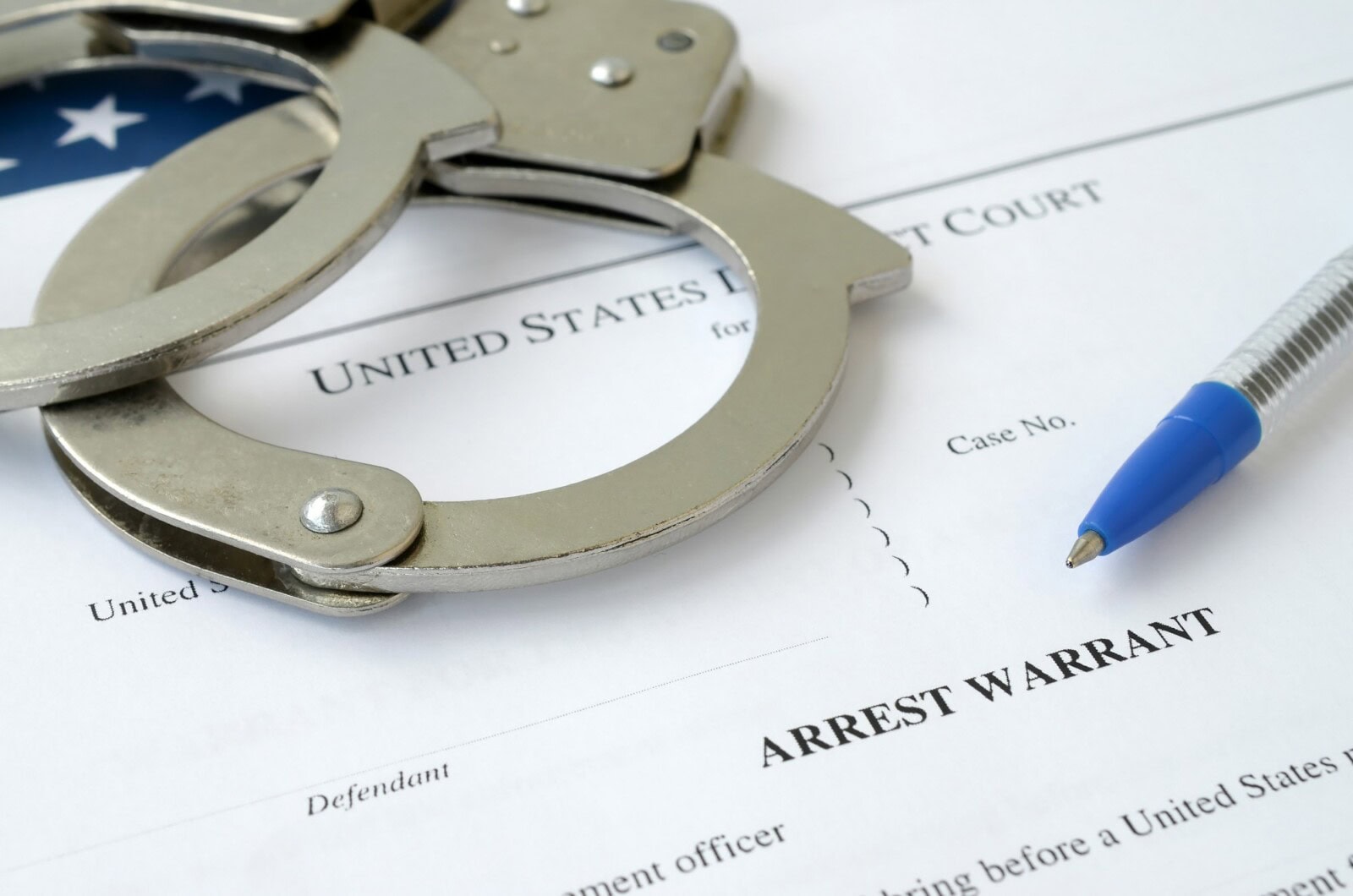A warrant is a legal document issued by a judge that authorizes law enforcement officers to arrest individuals, search their property, or detain them if they are suspected of committing a crime.
These warrants are an essential part of the administration of justice and provide necessary protections for individual rights while ensuring that people who pose a threat to public safety can be arrested and brought to justice. Keep reading to learn how to find out if there is an active warrant for your arrest in Florida.

How Warrants Work
Warrants authorize law enforcement officers to take certain actions such as arrests, searches, and seizures. This process is designed to ensure that the rights and privacy of individuals are protected, as stated in the Fourth Amendment of the U.S. Constitution.
Types of Warrants
Three main types of arrest warrants can be issued:
- Arrest Warrants: These are issued when there is probable cause to believe a person has committed a crime. These warrants allow law enforcement officers to arrest and detain individuals.
- Bench Warrants: These are usually issued for failure to appear in court, violation of probation, or failure to pay fines. This type of warrant can lead to the arrest of the person named in the warrant.
- Search Warrants: Issued to authorize law enforcement officers to search a person, place, or vehicle for evidence of a crime and to seize any evidence found.
Legal Framework for Warrants
The legal framework for search warrants in Florida is outlined in Florida Statutes and the Constitution. Search warrants in Florida are governed by Florida Statute § 933.01-40. To obtain a search warrant, law enforcement officers must submit an affidavit to a judge outlining probable cause and the specific evidence they expect to find.
In most cases, the Florida Department of Law Enforcement (FDLE) works with local law enforcement agencies to execute warrants and provide accurate information to the public. The FDLE maintains a Florida Statewide Warrant Search System that contains information on warrants reported by law enforcement agencies throughout the state. This system helps track outstanding warrants and ensures that law enforcement can process them efficiently.
If a judge is satisfied with the probable cause outlined in the affidavit, they can issue a warrant within their jurisdiction.
Situations When Warrants Aren’t Required
There are exceptions in which law enforcement officers may conduct searches without a warrant, such as during a traffic stop, when exigent circumstances exist, or when the person being searched has given consent. Individuals must be aware of their rights and the legal framework that protects them about search warrants to ensure a balance between the rights of the individual and public safety.
How to Search for Warrants
Citizens can search for active warrants in Florida through a few different channels. One method is to search for arrest warrants in Florida through online public databases. These databases contain arrest records, criminal records, and active warrant information.
FDLE Warrant Search System
The Florida Department of Law Enforcement (FDLE) offers a specialized FDLE Warrant Search System that allows you to perform a free search for active warrants in Florida. To use this system, visit the official FDLE website and follow these steps:
- Navigate to the WANTED PERSONS SEARCH page.
- Enter the person's name or other identifying information.
- Check the results with your local law enforcement agency or reporting center.
Remember that wanted persons may use incorrect identification, resulting in the warrant containing inaccurate information, such as the wrong name or date of birth.
Hire A Defense Attorney To Run A Search
To ensure your information is accurate and your privacy is protected, you should hire a criminal defense lawyer to conduct a warrant search in Florida. They have access to legal databases and can provide you with reliable results. In addition, an attorney can advise you of your rights and give you legal advice if a warrant is found.
What to Do if You Find a Warrant
If you have an outstanding warrant in Florida, you should address it as quickly as possible. Seek legal counsel, contact law enforcement, and quash the warrant to protect your rights and avoid further complications.
Seeking Legal Assistance
Contact an experienced attorney who can guide you and protect your rights. An attorney can help you understand the nature of the warrant, whether an arrest warrant or a search warrant and determine the best course of action.
In addition to retaining legal counsel, you may also want to consider a bail bondsman. Depending on the circumstances and the type of warrant, a bail bondsman can help you post bail and avoid spending time in jail until your court date.
Contacting Law Enforcement
Once the warrant is verified and you’ve retained an attorney, you should contact law enforcement. Be aware that an arrest may be necessary to quash the warrant. In non-emergency situations, you should go to the law enforcement agency in person with your attorney to discuss the matter professionally and calmly. This approach shows that you are cooperating and can lead to a more favorable outcome.
Speak To An Attorney About An Outstanding Warrant In Florida
If you have an outstanding warrant in Florida, you should speak with a criminal defense attorney as soon as possible. The longer you evade the warrant, the more harsh your penalties will likely be.
Call the Weinstein Legal Team at 888.626.1108 or click here to schedule a free case review with an attorney today.


